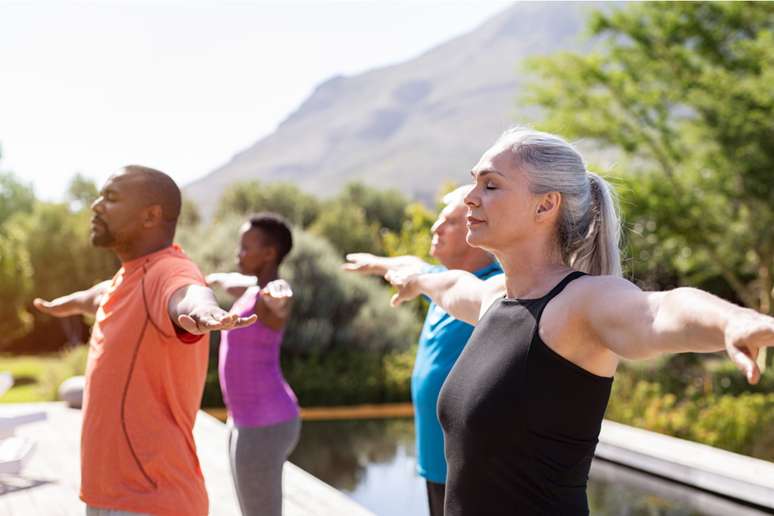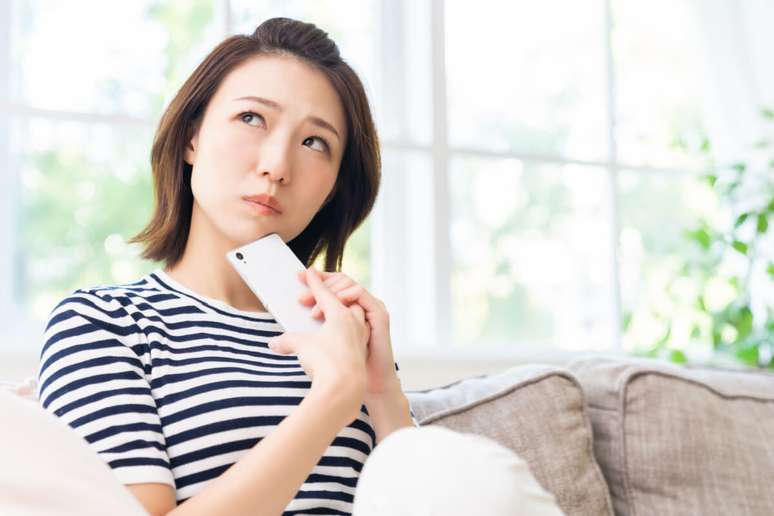The psychologist clarifies the main doubts about this type of mental disorder
Anxiety disorder is a mental illness that affects many people. According to data from the World Health Organization (WHO), in 2019, 18.6 million Brazilians lived with this problem. In short, anxiety is characterized by an exaggerated and continuous feeling of worry. Below, psychologist Priscila Teixeira clarifies some myths and truths about the disease. Watch!
1. Is there a cure for anxiety?
Myth. Anxiety disorders have no cure. They have a different prognosis, that is, it evolves differently in each patient. There are patients who undergo adequate treatment and no longer experience episodes throughout their lives.
2. Can pets help anxious people?
REAL. There are many studies that show the benefits of a Pet for patients with anxiety disorders and depression. According to data from a study conducted by the Human Animal Bond Research Institute (HABRI), out of 2 thousand people with pets, 74% reported an improvement in mental health as a result of the relationship with the pet and 75% reported an improvement in mental health. the mental health of a pet, friend or family member due to the presence of a pet.
3. Is taking medication the only way to control anxiety?
Myth. The use of medications is one of the forms of treatment. Remembering that follow-up with a psychiatrist is necessary. It is also important that the patient undergoes psychotherapy with a reputable professional licensed by the Regional Council of Psychology.
There are other forms of treatment that do not replace consultation with a doctor and a psychologist, but which can contribute, like natural treatments, phisical exercisespracticing hobbies and recreational activities.
4. Does anxiety only affect adults?
Myth. It doesn’t just affect adults. A anxiety It can affect children, adolescents and the elderly, so it can occur at any age.

5. Can breathing exercises help with anxiety attacks?
REAL. In an anxiety attack, one of the symptoms is shortness of breath and a rapid heartbeat. Our breathing becomes shorter and shallower and, as a result, there is a lack of oxygen in the body. Breathing exercises help prolong exhalation time and equalize breathing. Eventually we were able to achieve cardiac coherence and reach a state of well-being. It’s interesting to practice every day.
6. Are there any medications to treat anxiety?
REAL. There are and are called psychotropic or psychotropic drugs, which are groups of chemical substances that act on the central nervous system. There are dozens of them in our country’s pharmaceutical industry and their use will depend on professional medical guidance, hence the need for follow-up with a psychiatrist.
7. Do some drinks intensify the symptoms of this disease?
REAL. Alcohol should be avoided to help control anxiety, as well as some Food, such as white flour, sugar, sugary drinks (energy drinks and sodas) and caffeine. These foods interfere with the levels of several neurotransmitters and end up functioning as stimulants.
8. Can places or objects generate anxiety attacks?
REAL. An individual with an anxiety disorder may become more sensitive to everyday situations. Some places, objects and even smells can act as triggers for the appearance of symptoms, that is, they are linked to a previous experience that the person has had and, with this new contact, awaken these feelings and emotions.
Source: Terra
Ben Stock is a lifestyle journalist and author at Gossipify. He writes about topics such as health, wellness, travel, food and home decor. He provides practical advice and inspiration to improve well-being, keeps readers up to date with latest lifestyle news and trends, known for his engaging writing style, in-depth analysis and unique perspectives.





![More beautiful life in advance: What awaits you on Tuesday, October 7, 2025 in 436 episodes on October 7, October 7 [SPOILERS] More beautiful life in advance: What awaits you on Tuesday, October 7, 2025 in 436 episodes on October 7, October 7 [SPOILERS]](https://fr.web.img2.acsta.net/img/f2/76/f27639d9bff2d34b75ee74a0cf25b421.jpg)



